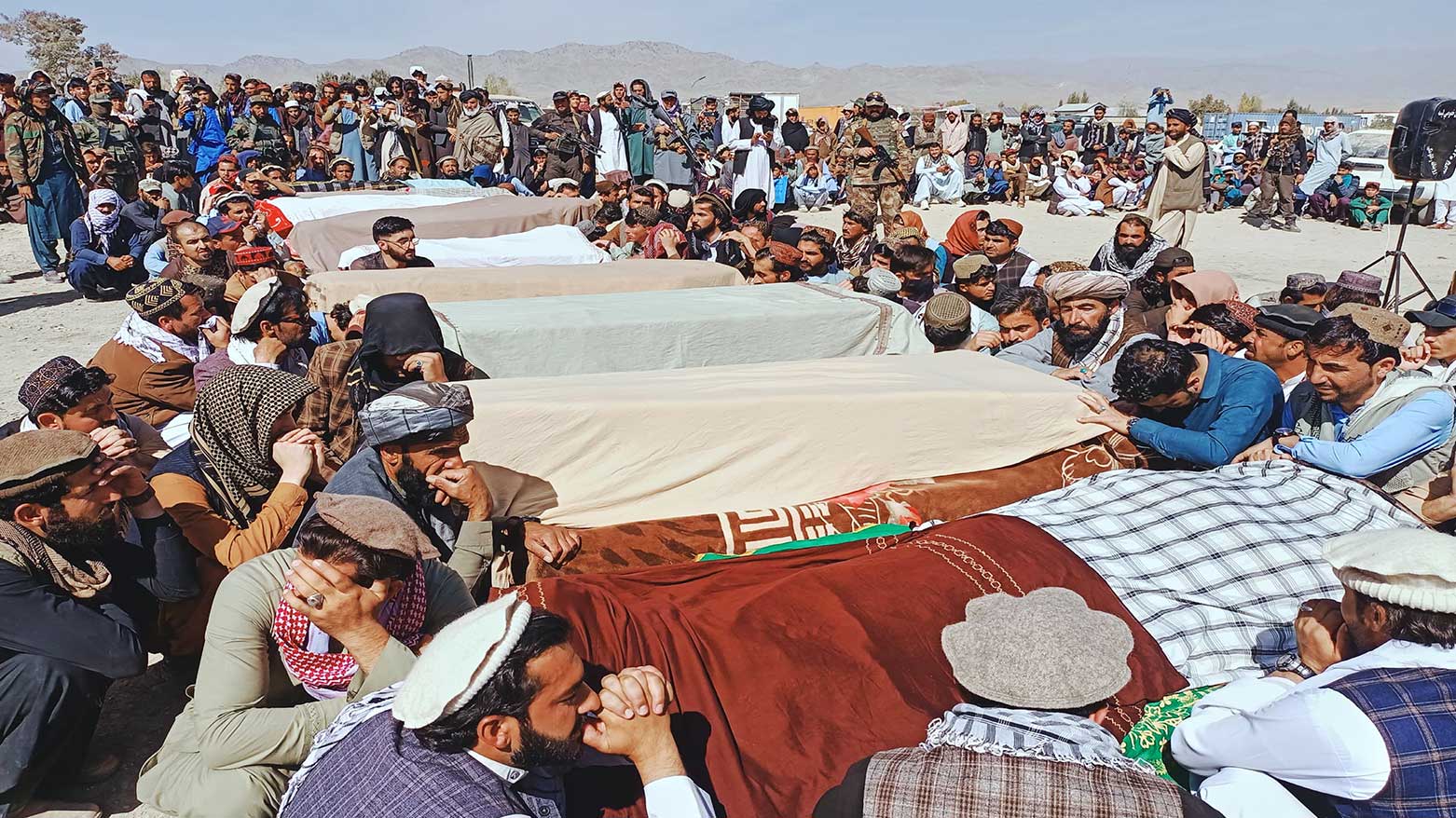Afghanistan, Pakistan Agree to Ceasefire Mediated by Qatar and Turkey
Doha-brokered truce follows deadly border clashes and Pakistani airstrikes that killed dozens, as both sides vow to pursue lasting peace amid rising regional militancy.

ERBIL (Kurdistan24) — Afghanistan and Pakistan have agreed to an immediate ceasefire after more than a week of fierce cross-border clashes that left dozens dead and hundreds injured, Qatar’s Foreign Ministry announced on Sunday. The truce, mediated by Qatar and Turkey, marks the most significant de-escalation between the two nations in years.
According to the Qatari statement, both sides committed to establishing mechanisms to consolidate lasting peace and stability and will hold follow-up talks in the coming days to ensure the sustainability of the ceasefire.
Tensions between the neighboring countries have been on the rise since early October, with each accusing the other of cross-border aggression. Kabul has repeatedly denied Islamabad’s claims that it harbors militants responsible for attacks along the volatile frontier.
Pakistan, meanwhile, continues to battle a resurgence of militancy since 2021, when the Taliban’s return to power in Afghanistan emboldened extremist factions, including the Tehrik-i-Taliban Pakistan (TTP).
Observers warn the conflict risks further destabilizing a region already threatened by groups such as the Islamic State and al-Qaida.
Michael Kugelman, a South Asia expert, told the Associated Press (AP) that the ceasefire provided “more breathing room” but cautioned that “the core driver of the crisis remains unresolved.”
“The Taliban are not addressing Pakistan’s concerns about cross-border terrorism,” he said. “And they’re denying they’re even a part of the problem.”
Aerial Strikes Spark Outrage and Boycott
The agreement comes just two days after a previous 48-hour ceasefire expired, prompting Pakistan to launch airstrikes across the border. Pakistani security officials, speaking to the AP on condition of anonymity, confirmed that the raids targeted hideouts of the Hafiz Gul Bahadur militant group in Afghanistan’s eastern Paktika province.
The strikes, officials claimed, were retaliation for a suicide bombing on a security compound in Mir Ali, Khyber Pakhtunkhwa, a day earlier. Islamabad said the operation killed dozens of militants and caused no civilian casualties.
However, Afghan authorities reported at least ten civilian deaths, including women, children, and several local cricketers who were playing nearby. The Afghan Cricket Board subsequently announced a boycott of an upcoming series in Pakistan, while the International Cricket Council said it was “saddened and appalled by the tragic deaths of three young and promising Afghan players.”
On Saturday, thousands gathered in Paktika for funeral prayers, as clerics condemned what they called “violations of Afghan sovereignty.”
Zabihullah Mujahid, the Taliban government’s chief spokesman, denounced the airstrikes as “repeated crimes of Pakistani forces” and “deliberate attempts” to prolong the conflict.
Longstanding Border Tensions
The two nations share a 2,611-kilometer (1,622-mile) border known as the Durand Line — a colonial-era demarcation that Afghanistan has never officially recognized.
The disputed boundary has been a flashpoint for decades, fueling mistrust and sporadic clashes.
Pakistan’s army chief, Gen. Asim Munir, speaking at the Pakistan Military Academy in Kakul as delegations from both countries headed to Doha for talks, urged Afghanistan to “choose mutual security over perpetual violence and progress over hardline obscurantism.”
“The Taliban must rein in the proxies who have sanctuaries in Afghanistan,” Munir said.
The ceasefire, though fragile, offers a glimmer of hope that diplomatic mediation may succeed where years of hostility have failed.
Whether it endures, however, will depend on both sides’ willingness to address the deep-rooted grievances that continue to define one of South Asia’s most volatile borders.